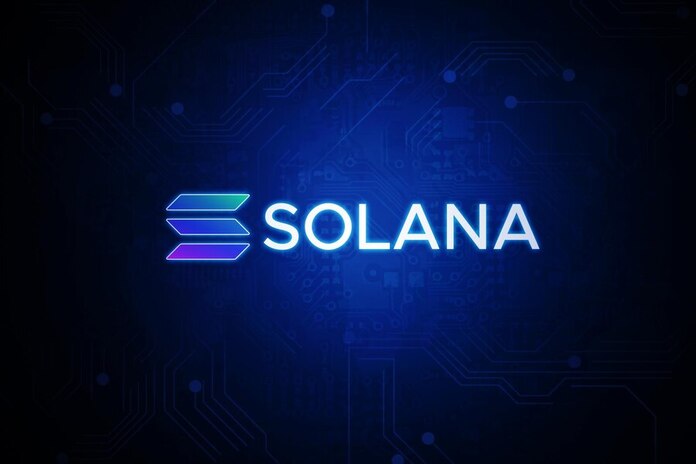The Solana Alpenglow Upgrade marks one of the most ambitious improvements in blockchain scalability. Developers are evaluating the removal of block limits to enhance throughput, reduce transaction times, and strengthen validator incentives. If successful, this upgrade could position Solana (CRYPTO:SOL) as a true competitor to traditional internet infrastructure in terms of speed and reliability.
Removing Block Limits for Scalability
Currently, Solana enforces a 60 million compute unit cap per block. The Solana Alpenglow Upgrade proposes to lift this cap, allowing blocks to expand dynamically based on validator processing capacity. This idea is captured in proposal SIMD-0370. By removing the fixed limit, stronger validators will be able to process larger transaction loads, while smaller validators can skip blocks they cannot handle.
This model introduces flexibility into block production and aims to create a performance feedback loop: larger blocks generate more fees and throughput, which in turn strengthens the ecosystem. Analysts believe that this change will encourage hardware upgrades without unfairly excluding smaller operators.
Dynamic Block Scaling Explained
A major innovation of the Solana Alpenglow Upgrade is dynamic block scaling. Instead of enforcing a uniform limit on all validators, the network will allow capacity to vary depending on validator performance. According to Solana research group Anza, this method ensures efficiency while avoiding bottlenecks from underpowered machines.
Dynamic scaling builds on earlier initiatives like SIMD-0286, which sought to increase block compute capacity from 60 million to 100 million units. The Alpenglow framework goes further by introducing an adaptive approach rather than a static number, potentially unleashing Solana’s full throughput potential.
Votor and Rotor: The New Consensus Protocols
Alongside block scaling, the Solana Alpenglow Upgrade introduces two new consensus mechanisms: Votor and Rotor.
-
Votor is designed to reduce transaction finality from the current 12.8 seconds to an astonishing 100–150 milliseconds.
-
Rotor replaces the legacy timestamping system to streamline validator communication and data transfers.
These improvements represent a fundamental overhaul of Solana’s consensus design. Faster finality opens the door for use cases that demand near-instant confirmation, such as high-frequency trading, real-time gaming, and decentralized finance applications.
Implications for Validators and Developers
Validators are at the heart of these changes. Faster machines will benefit from processing more transactions, while smaller validators can continue operating by skipping heavy blocks without disrupting the network. The skip-vote feature ensures that slower participants remain part of the ecosystem without compromising performance.
For developers, the Solana Alpenglow Upgrade provides a more robust platform for building decentralized applications. With faster confirmations and scalable block sizes, Solana could become the preferred chain for projects that require high throughput, including NFT marketplaces, DeFi platforms, and enterprise-level blockchain solutions.
Risks of Centralization
Despite its benefits, the Solana Alpenglow Upgrade also raises concerns about centralization. If only the most powerful validators can consistently process larger blocks, smaller players may be pushed to the margins. While the skip-vote system provides some relief, long-term sustainability will depend on ensuring that hardware requirements do not grow too quickly.
Timeline and Outlook
Jump Crypto’s Firedancer team is leading the validator performance improvements, while Anza is coordinating governance and deployment. Testnet activation for the Solana Alpenglow Upgrade is expected in December 2025, with mainnet rollout planned for Q1 2026.
If successful, these upgrades could transform Solana into a blockchain capable of handling workloads at internet-level speeds. Analysts predict that faster confirmation times and scalable transaction processing could drive new institutional adoption.
Conclusion: A Game-Changer for Solana
The Solana Alpenglow Upgrade represents a bold step toward redefining blockchain scalability. By combining dynamic block scaling with faster consensus protocols, Solana is positioning itself as a high-performance network ready to support the next generation of decentralized applications. While centralization risks remain, the upgrade could cement Solana’s role as one of the leading smart contract platforms heading into 2026.
Featured Image: Freepik




